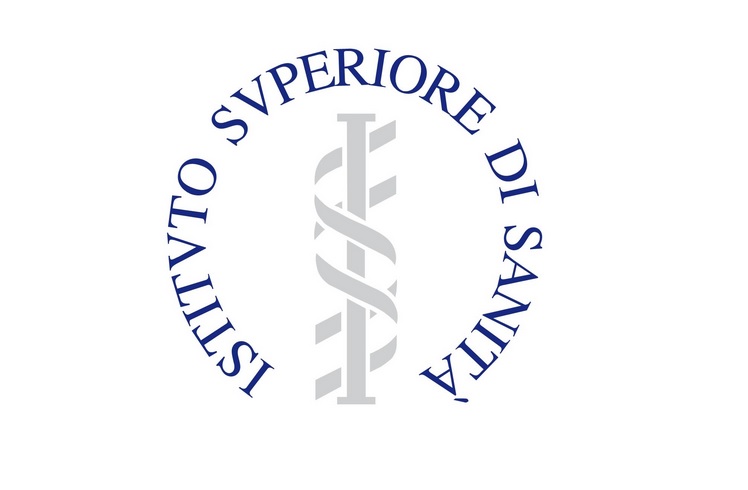
The Istituto Superiore di Sanità reports the worrying increase in infections with resistant bacteria. From 2013 to 2016, 5,331 cases were recorded. The situation
R OMA – Infections with resistant bacteria are increasing alarmingly in Italy. The Istituto Superiore di Sanità, in its branch, gave the news Istisan report – National surveillance of bacteremia from carbapenemase-producing Enterobacteriaceae – for the period 1 April 2013 and 31 July 2016. During this period 5,331 cases were reported and an increasing trend: for example, between 1 January and 31 July 2015 there there were 1,059 cases, while there were 1,183 in the same period of 2016.
OMA – Infections with resistant bacteria are increasing alarmingly in Italy. The Istituto Superiore di Sanità, in its branch, gave the news Istisan report – National surveillance of bacteremia from carbapenemase-producing Enterobacteriaceae – for the period 1 April 2013 and 31 July 2016. During this period 5,331 cases were reported and an increasing trend: for example, between 1 January and 31 July 2015 there there were 1,059 cases, while there were 1,183 in the same period of 2016.
The bacteraemias
The presence of bacteria in the blood is called 'bacteraemia'. And it is on these that the ISS based its report. In the specific case, weight was given to the presence of carbapenem-resistant enterobacteria - which are the antibiotics used for resistant infections - and/or carbapenemase producers.
The differences between the Italian regions
Based on the Istisan Report, it turns out that the number of reports and the incidence of infections with resistant bacteria were very different in the various Regions. Leading the negative ranking is Lazio, with 946 reports from Lazio, against 0 from Molise. However, most of the cases were detected in the Northern Italy regions with 2,758 cases, equal to 51.7%. The regions of the Center follow with 1,364 cases, equal to 25.8%, the South with 761 cases, equal to 14.1% and the islands with 448 cases, equal to 8.4%.
 The provinces with the most cases of infection
The provinces with the most cases of infection
Among the provinces that have reported the highest number of cases, that of Rome stands out, with 17.2%. Followed by Genoa with the 7.9%, Turin 6.7%, Milan 5.9%%, Bari 5.1%, Bologna 4.9% and Palermo 4.5%.
Most affected
Males are generally most affected by infections with resistant bacteria, with 62% of cases, the average age being 65.4 years. In the majority of cases, resistant infections are contracted in hospitals, the average of which is 84%. The most affected are the intensive care units, with 39.6% of cases, general medicine with 12.6% of cases and surgery with 10.2% of cases.
The ever-increasing spread of infections with resistant bacteria has long since triggered the alarm of the health authorities, led by the WHO who has already declared the matter a global health problem. Despite this, there are still many people who take antibiotics uncontrollably and often when there is no real need.
Download the full text of the publication in PDF [PDF – 1432.28 kbytes]
Related news: Cameron: Antibiotic-resistant bacteria are 'a threat to humanity'





